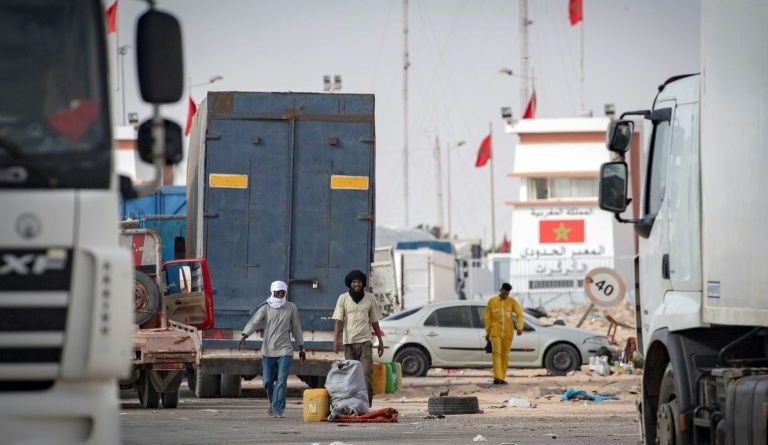Escalation of the longest conflict in Africa
Recent clashes between Moroccan troops and Polisario separatists are made headline news in the recent weeks. The conflict has been relatively out of the spot light in the last 2 decades since Morocco and the Polisario front have signed a cease-fire agreement. Since, the war ended in 1991, UN observers have been deployed to enforce the ceasefire.
The Polisario front, backed by Algeria, has long demanded a referendum on independence in the territory as provided for by a 1991 UN Security Council resolution.
In the last few weeks, reports have indicated the Polisario activists have blocked the main road connecting between Morocco and Mauritania in the south. This strategic border crossing allows for free flow of people and goods between the two countries. Something that Mauritania largely depends on for agricultural products coming out of Morocco.
For weeks, Morocco and Polisario have been exchanging threats amid growing tensions. Morocco in early November accused the Polisario of blocking a key crossing for trade with the rest of Africa, and launched a military operation to reopen it. This act has been seen by the Polisario front as an act of war and called for mobilization of its forces and end of cease-fire. The news has been largely celebrated by Moroccan media.
The pro-independence movement does not recognize the key road and accuses Morocco of violating the 1991 deal. It has since announced daily attacks, mostly targeting a Moroccan defensive wall in the territory.
Under the 1991 truce deal, Morocco controls around three-quarters of the Western Sahara, including its considerable phosphate deposits and access to its rich Atlantic fisheries. While, the Polisario controls the rest of the territory, which in total is around half the size of Spain.
Efforts to find resolve the issue have been fruitless. Many UN envoys have resigned in desperation over the unwillingless of the invloved parties to compromise.
Key observers, see the escalation as a way for the Polisario to get more attention to the conflict and force a resolution.
